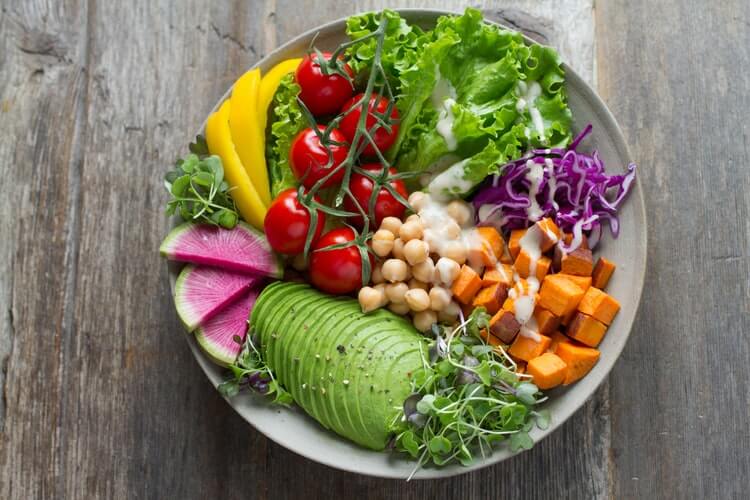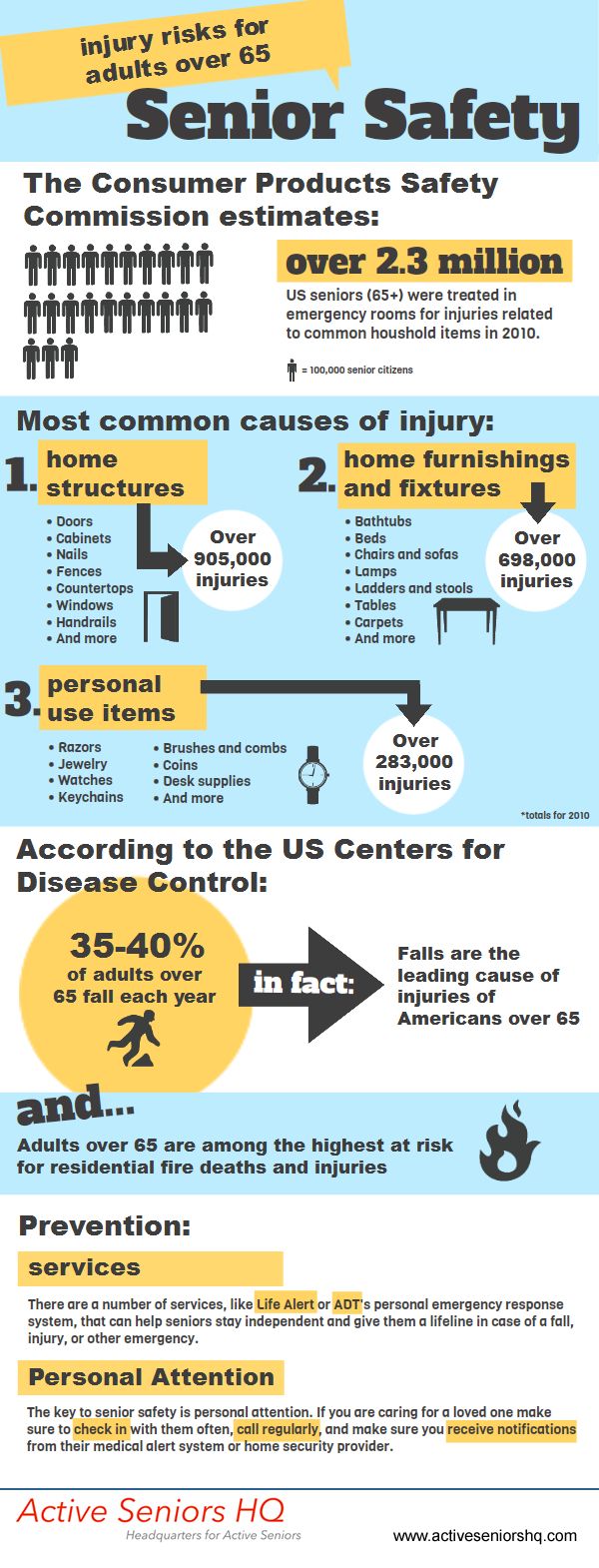
Before you can create a nutrition plan, you must be able to read and understand a nutrition label. You may have heard of the Choose My Plate program, which has helped millions of people get the right balance of food groups. Yet, many people still struggle to find the right balance in their meals. Here are some ways to make your meals healthier and more balanced. This simple guide will help you eat the foods that your body needs in order to feel great and stay healthy.
Most nutrition planners adhere to the same theoretical principles, but the approaches that they use to achieve their goals differ. Some focus on macro-level economics, while others emphasize micro-level economics. Some planners are focused on a specific sector, like agriculture. A third group places emphasis on organizational factors and uses statistical analytical methods. Other methods are more intuitive and can combine the three. A fourth group stresses organizational factors. It doesn’t matter which approach is chosen, it’s important to know the differences among these two groups as well as how they differ.

Meal planning can help improve your nutrition, or prevent chronic lifestyle disorders. Meal planning helps you enjoy a variety of foods, and it can help you increase your intake of fruits and vegetables. This process can be fun, no matter what your goals are, and it will help you get the right nutrients. You have come to the right spot if your search for a nutrition plan. To help you get started, we've provided some suggestions below.
Planning your meals will help you save both time and money. Using meal planning can eliminate the need to run to the grocery store last-minute. Likewise, it can help you manage your budget and portion sizes by keeping your purchases close to when you bought them. This will also help you to avoid overeating. Being consistent is the key to success. It will take some practice but it is well worth it. It will pay off in the end.
Planning meals is an essential part of a weight loss plan. This can help you eat healthier and limit your unhealthy food choices. It can also help to lose weight and preserve your health. It will help you keep on track and achieve your goals. When you are clear about what to eat, it is easier to make informed decisions. A nutrition plan will help you eat healthier and prevent unhealthy food choices.

It's a great way for you to eat healthy, and to stick to your weight-loss goals. Preparing your meals ahead of the time will save you time and help you avoid overeating when you're tired or hungry. This will help you stick to your diet and prevent unhealthy eating habits. Balanced eating will help you reach your weight loss goals. You can also avoid foods that are high in saturated fats or unhealthy ingredients.
FAQ
Is Cardio Exercise Good Or Bad For Your Health?
Cardiovascular exercise has many benefits. It improves blood circulation, strengthens your heart muscle, increases stamina, helps you lose weight, and gives you energy.
Cardiovascular exercise includes running, biking, hiking, swimming, tennis, basketball, soccer, volleyball, football, etc.
Cardio exercises should be avoided at high intensity levels. This could lead to injury.
Cardiovascular exercise should be done only if you feel well.
You should never push yourself beyond your limits. If you do, you might injure your self.
Begin by warming up before engaging in cardio exercise. Gradually increase the intensity.
You must always listen to what your body is telling you. If you feel pain when doing cardiovascular exercise, you should immediately stop.
After a cardiovascular training session, it is recommended that you take some time to relax. This will allow your muscles to rest.
To lose weight, you should include cardiovascular exercise in your daily routine.
This is the best way to lose weight and belly fat.
How many calories should you consume each day?
This will vary from person-to-person. On average, you need 2000 to 2500 calories per days. You need to determine how many calories you need based on age, gender, height, weight, activity level, and lifestyle.
What is the best 7-day workout program?
A seven-day exercise plan should include cardiovascular training (running/biking/swimming), strength exercises (using weight machines, free weights) and one flexibility/core program (yoga or Pilates). It's essential to do each activity at least once a week. The total time for each session should not exceed 45 minutes.
Cardiovascular Exercises: Swimming, Cycling, Running
You should aim to get at least 60 mins of cardio exercise per week. You can aim for 75 minutes a week for best results. Cardio exercises can increase blood flow and stimulate the growth of muscles.
Strength Training
Cardio exercises target the heart, lungs and muscles. Strength training targets the muscles, tendons and bones. Strength training can help you burn calories even when you're not working out.
Flexibility & Core Workouts
Flexibility and core workouts are great ways to strengthen your entire body. Yoga and Pilates are both excellent choices.
Statistics
- The PRS enabled risk stratification for overall prostate cancer and lethal disease with a four-fold difference between men in the highest and lowest quartiles (HR, 4.32; 95% confidence interval [CI], 3.16-5.89). (pubmed.ncbi.nlm.nih.gov)
- 10 pounds in a month is likely during a lean bulking phase, especially for beginners. (muscleandstrength.com)
- An estimated calorie range for moderately active adult males falls between 2,200 to 2,800 calories per day, depending on age. (eatright.org)
- By John Thompson Take a whopping 38% off a set of PowerBlock Pros. (menshealth.com)
- Candidates and applicants must pass all four tests at 70% (minimum level) to graduate from Basic Deputy U.S. Marshal (BDUSM) Training. (usmarshals.gov)
External Links
How To
What's the best food for men?
Men should consume five portions of fruits and veggies per day. Men should also limit their consumption of red meat and avoid fast food.
Vitamins and antioxidants are abundant in vegetables and fruits, helping to prevent heart disease, cancer, and other diseases.
Vegetables include broccoli, cauliflower, carrots, spinach, tomatoes, peppers, cucumbers, lettuce, mushrooms, etc.
Peas and beans are also high in protein and fiber.
Omega-3 fatty acids are abundant in nuts and seeds. Omega-3 fatty acids are critical for brain function and hormone production.
Another good source of omega-3s is fish. Mercury is more abundant in fish than in most other meats. However, fish liver oil does contain fewer toxins.
The average growth and development of the body is dependent on Omega-6s, which are found in vegetable oils, such as corn, soybeans, sunflower, safflower, and cottonseed oils.
Poultry is an excellent source of lean protein. Chicken breasts are one of the most healthful meats.
Lean beef contains low amounts of saturated fats and cholesterol. You should limit your intake of red meat as it can increase your risk for prostate cancer.
Avoid processed meats such as sausage and hot dogs. These meats can be carcinogenic because they contain nitrates.
Exercise is essential to maintaining good health. You may already be working out on a regular basis. Is there anything else you can do to maintain or improve your physical condition?
Yes! You can do many things to ensure you get the most out your workouts. These are some tips that will help you get the most out of your workouts.
Start slowly. Do not push yourself too hard your first session. You could injure yourself. You should start at a pace that you are comfortable with and increase your intensity gradually.
Before and after you stretch. Stretching will loosen tight muscles and increase flexibility. You can stretch sitting down, standing, or moving around.
Cool down. This is especially important for cardio exercises. You need to allow your body time to rest between sessions so that it doesn't get tired. Cool down by walking slowly, taking deep breaths or going for a swim.
Hydrate. Hydration is key to reducing muscle cramps and keeping you hydrated. Water is the best choice, but you can also drink sports drinks.
Healthy eating habits are important. Make sure you are getting enough calories each day. You will be more focused and energized if you eat regular meals throughout your day.
Get some sleep. Sleep well and you will feel refreshed when you wake up. The best way to heal tissues is through sleep.